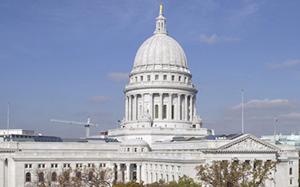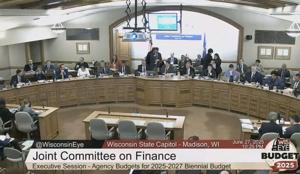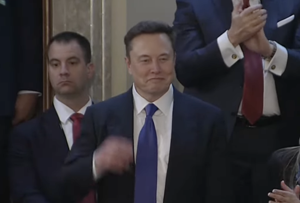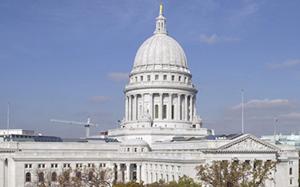(The Center Square) – The second in command in the Wisconsin Assembly is defending the new budget deal that will see Republicans vote to spend more than $1 billion more.
Rep. Tyler August was on News Talk 1130 WISN Tuesday morning. He said most of the new spending in the new state budget is targeted, and there is some legislative oversight.
“For conservatives, I think we got the better end of this deal,” August explained. “The governor has committed to signing the retirement tax exemption that has been very important to our caucus, an income tax reduction, as well as the elimination of the sales tax on residential electricity and natural gas.”
August said, all told, that’s more than $1.5 billion in tax cuts.
But the budget agreement also includes $1.2 billion in new spending.
“This is an excellent deal,” August added. “This is the best deal we can get with the governor we have.”
Gov. Tony Evers made it clear that he would not sign a budget that doesn’t spend more on public schools, the University of Wisconsin, or child care.
Evers took to social media on Tuesday to say the budget agreement spends more on all three.
“Our bipartisan budget agreement invests in our kids at every age and every stage, from early childhood to K-12 schools to our higher education institutions, and more,” Evers wrote.
August said $500 million of the money for public schools is earmarked for special ed at schools across the state.
“That is, by far, the most expensive part of a school’s budget,” August said. “So, if we’re going to spend more money on schools, the place to spend it is on special education.”
August also defended a nearly $300 million increase for the UW System.
“We will have oversight,” August added. “A big chunk of the new money into the UW is for key faculty retention.”
August said that means lawmakers will have some say-so over which UW faculty members get retention bonuses. He said the hope is to use that money to keep research scientists and in-demand professors, as opposed to “woke” faculty members.
August said the broad strokes of the budget agreement may not look great to many conservatives in the state, but he said the budget deal does accomplish some conservative goals.
Lawmakers are expected to finalize the budget Tuesday and vote to send it to the governor Wednesday.
















